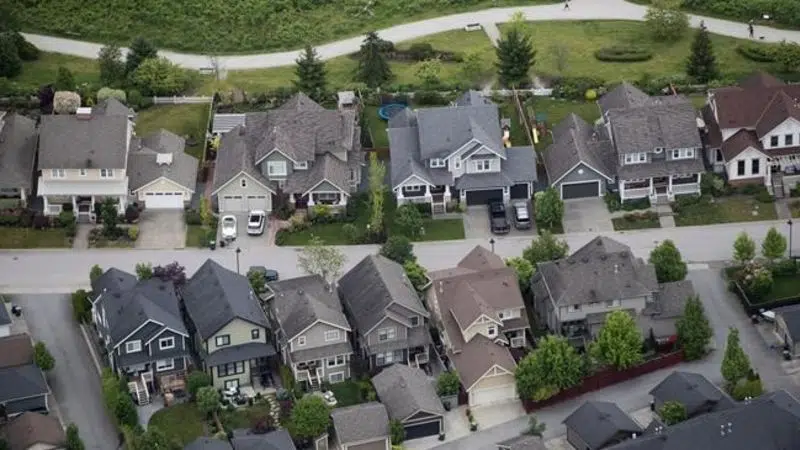
Parties shop for housing ideas for platforms with issue high on voters’ lists
OTTAWA — Federal parties are preparing to chase voters with ideas for dealing with what a new survey suggests is a major concern across the country: Housing affordability.
The ideas being shopped around to stakeholders in the housing sector include targeted spending towards certain groups, such as veterans, and more spending to increase the supply of lower-cost housing units to further cool housing prices.
Last week, Conservative Leader Andrew Scheer said he would ease the mortgage stress-test the Liberals brought in and make it easier for homebuyers to borrow money, while eliminating red tape to help provinces and municipalities build more low-cost housing.
